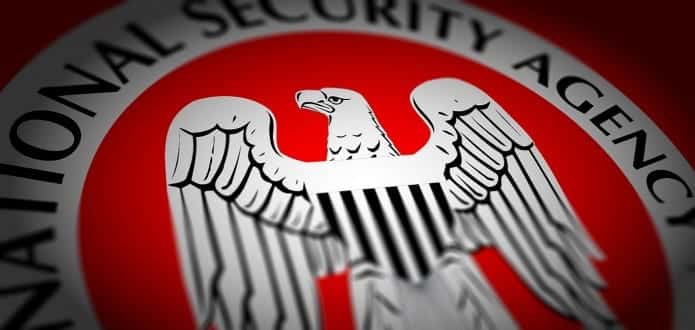NSA to destroy millions of American calling records ‘as soon as possible’
The National Security Agency (NSA) will soon stop accessing most of the bulk data collected under a controversial surveillance program in November. However, those records can be retained for litigation purposes, officials said on Monday.
The office of the Director of National Intelligence said in a statement that according to a law passed by Congress in early June, the bulk telephony data that was the subject of leaks by former intelligence contractor Edward Snowden surprising many in the US and abroad would be destroyed “as soon as possible” to comply with the law.
The statement said that during the 180-day transition period needed under the USA Freedom Act, “analytic access to that historical metadata… will cease on November 29, 2015.”
However, NSA will let technical personnel to continue to have access to the metadata for an additional three months “for data integrity purposes.” The statement said that will allow them to compare the data to the calling records produced under the new system. After those three months, that access will cease, too.
The statement additionally said NSA must retain bulk telephony metadata collection “until civil litigation regarding the program is resolved, or the relevant courts relieve NSA of such obligations.”
The data kept for litigation “will not be used or accessed for any other purpose, and, as soon as possible, NSA will destroy the Section 215 bulk telephony metadata upon expiration of its litigation preservation obligations.”
The USA Freedom Act attempted to restore the powers of the NSA under the Patriot Act, and especially Section 215, which gave official permission for a vast data sweep program the agency said was targeted at following potential terrorists.
The new law interrupts the NSA’s ability to dig up and store dates and times of calls,, metadata telephone numbers, but not the matter from millions of Americans who have no links with terrorism.
It transfers responsibility for storing the data to telephone companies, which allows authorities to obtain the information only with a warrant from a secret counterterror court that recognizes a specific person or group of people doubted of terror ties.
The intelligence court’s rules have required the NSA to get rid of the data after five years on a rolling basis. The bulk call-data program dates to October 2001, and was revealed in June 2013 in leaks by Edward J. Snowden.

